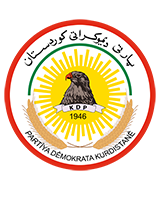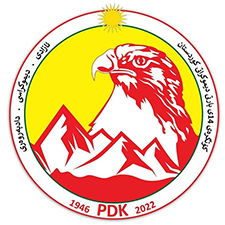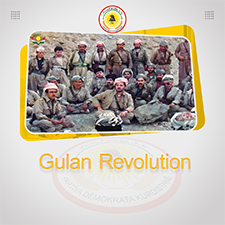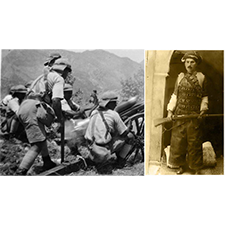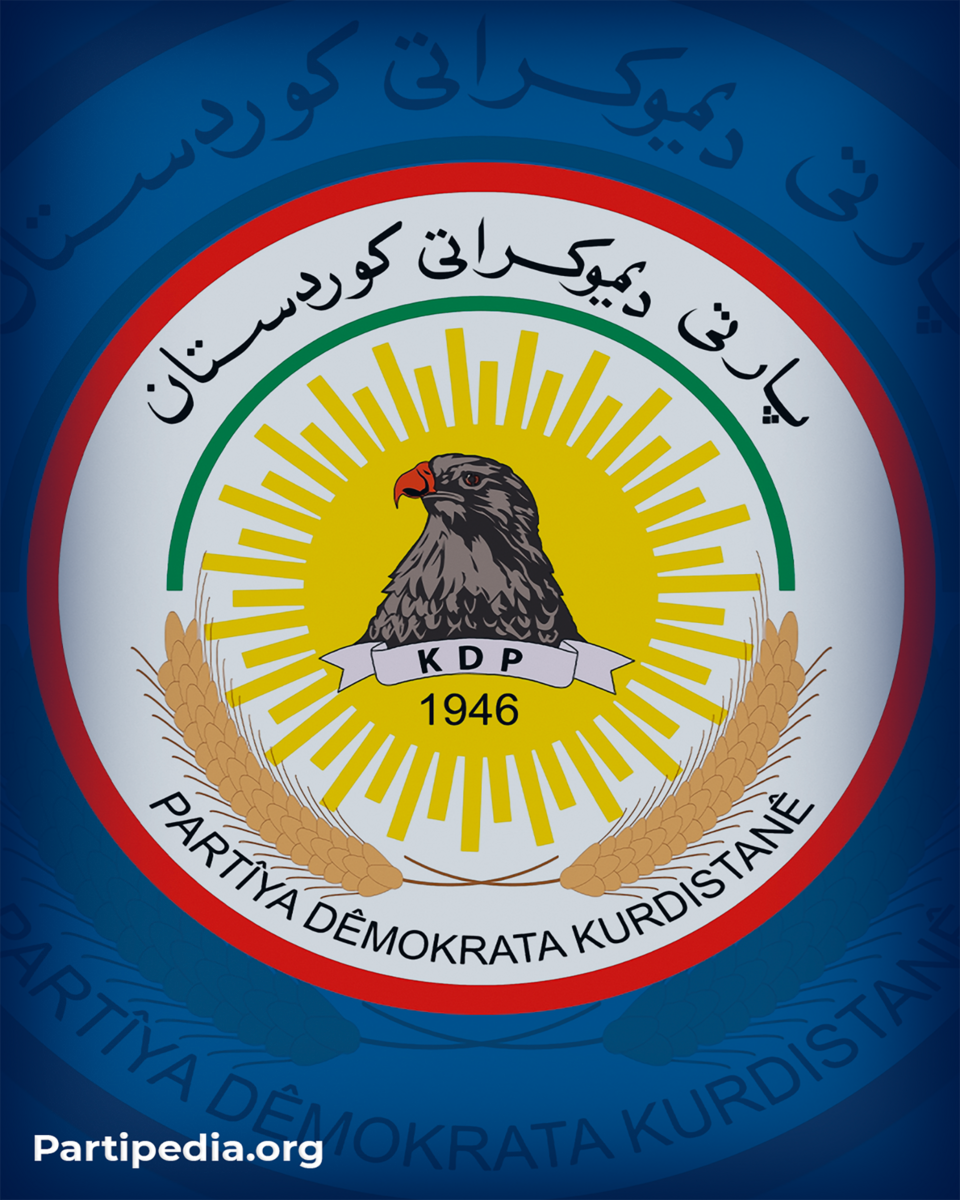Reasons
On June 10, 1963, the regime resumed its attacks against Kurdistan and sent all its armed forces to the battlefields. The Kurdistan army opened several fronts to defend itself and repelled the attacks. In the meantime, President Mustafa Barzani sent several letters to the DPK Political Bureau, asking Ibrahim Ahmadi, the party's secretary, and the Political Bureau, to carry out several attacks on the governmet’s army in their areas. However, the Political Bureau, especially Ibrahim Ahmed, did not respond to the demand and prevented commanders from attacking government forces without their consent. These behaviors created a chill between President Mustafa Barzani and Ibrahim Ahmed.
On November 18, 1963, the Ba'ath government was overthrown by the army in a coup. After the coup, Abdul Salam Arif took power and called for negotiations on the Kurdish revolutionary leadership. In December 1963, after President Barzani's consultation with the Political Bureau, the negotiations began. Sulaimani Governor Colonel Abdul Razzaq Mahmood came to Ranya as a representative of the government and met with President Mustafa Barzani, Jalal Talabani and Nuri Shaweis, members of the Political Bureau and the talks led to an agreement between the two sides. On February 10, 1964, the government issued a declaration of agreement, which stated that “the government recognizes Kurdish national rights”.
On February 17, 1964, Ibrahim Ahmad, Aziz Shamzini and Omar Mustafa Dababa came to Sangasar and met with President Barzani. The result of the meeting was the agreement of all parties on the “February 10 Agreement”. After staying a week in Sangasar, Ibrahim Ahmad and his companions returned to Mawat. There they resumed their opposition, which led many commanders and Peshmergas to leave Mawat and go to President Barzani in Sangasar and reveal the plan of the Political Bureau to President Barzani. After the arrival of the Peshmerga commanders, President Barzani held a meeting with them and after consultation, decided to remove all the commanders who followed the Political Bureau and replace them with other commanders who are reliable. The removed commanders were Jalal Talabani, Omar Mustafa Dababa, Ali Askari and Kamal Mufti. In response, Ibrahim Ahmad and the Political Bureau held the Mawat conference on April 9, 1964.
Holding a Conference
From April 4, 1964, to April 9, 1964, the conference started at the primary school of Mawat village. The conference was originally scheduled to be held in Maluma village on April 1, 1964, but was later postponed to Mawat. Initially, the Political Bureau had informed the invited delegates that a conference would be held on April 1, 1964, however it was held three days later after the set time. Ibrahim Ahmad read out the report of the Political Bureau. Out of the total membership of the Central Committee, ten members and heads of all five branches attended the meeting who were heads of the first branch in Mosul, the second in Erbil, the third in Kirkuk, the fourth in Sulaimani and the fifth in Baghdad. The moderators of the meeting were: Nuri Shaweis, Ali Abdullah, Sayed Aziz Shamzini and Ibrahim Ahmad. Jalal Talabani, Omar Mustafa, Saleh Yousfi, Abdul Hussein Faily, Hashim Akreyi and Nahidah Sheikh Salam did not attend the conference for distinct reasons. Colonel Isa Pezhman, a representative of the Iranian intelligence agency SAVAK, was in Mawat during the conference.
Ibrahim Ahmad Fatah's main purpose in the Mawat meeting was to oppose Mustafa Barzani and remove him from the presidency of the Kurdistan Democratic Party. At the same conference, a delegation was formed to negotiate between the Political Bureau and President Mustafa Barzani. For this purpose, the delegation visited President Barzani, and it was decided to continue the conference until the return of the delegation. The delegation with President Barzani reached a joint conclusion, however when the delegation returned, the conference ended and the Political Bureau issued a statement against President Barzani, entitled “Barzani's agreement and Mushir is peace or surrender?”. The suspension of President Mustafa Barzani was decided upon in accordance with the program and goals established on the final day of the conference.
Sources
• Massoud Barzani, Barzani and the Kurdish Liberation Movement, 1958-1961, Volume I (2012).
• History of the Kurdistan Democratic Party, Congress and Conference (Program and Internal Rules), Encyclopedia Committee of the Kurdistan Democratic Party, Volume 1, (Erbil - Roxana Printing House - 2021).
• Salah al-Khursan, Political Movements in Iraqi Kurdistan, Reading in the Files of Kurdish Movements and Parties in Iraq 1946-2001, (Beirut – Al-Bagh Printing House – 2001).
• Habib Mohammed Karim, History of the Kurdistan Democratic Party - Iraq (in the headquarters) 1946 - 1993, (Duhok - Khabat Printing House - 1998).
• Nizar Khaylani, Asad Khaylani opens his memoirs, (Erbil - Badrkhan Publishing House - Hevi Printing House - 2014).
• Abdulstar Tahir Sharif, Struggle with Life, Memoir 1971-1935, Volume 1, (Kirkuk, Arabkha Printing House, 2005).
• Hussein Mohammed Aziz, Five Hours with Braim Ahmad, Sulaimani, Sima Printing House, 3rd edition, 2002.
• Shakib Aqrawi, Hard Years in Kurdistan: Important Political and Military Events in Kurdistan and Iraq from 1958 to 1980, Second Edition, (Erbil, Minara Printing House, 2007).




